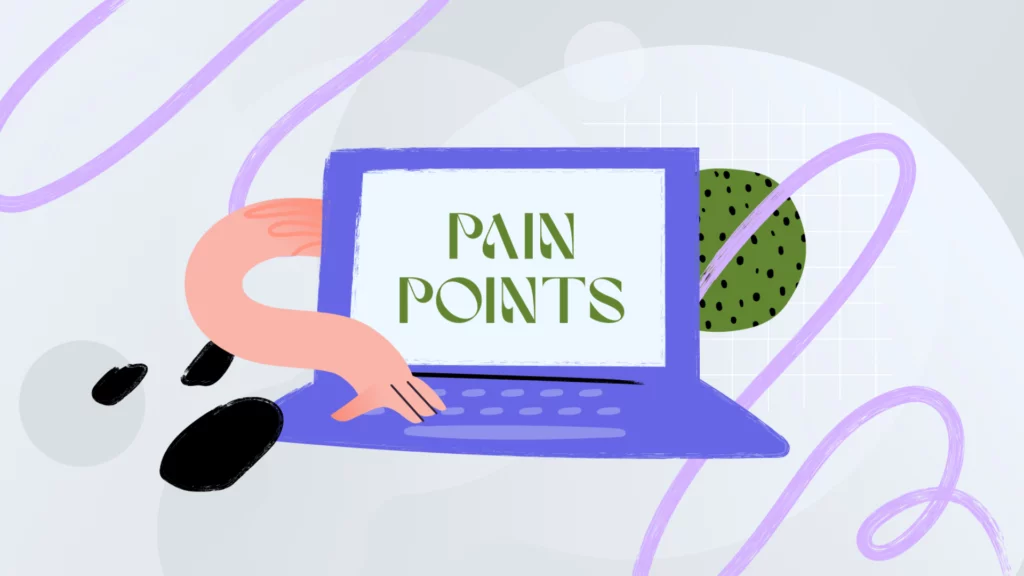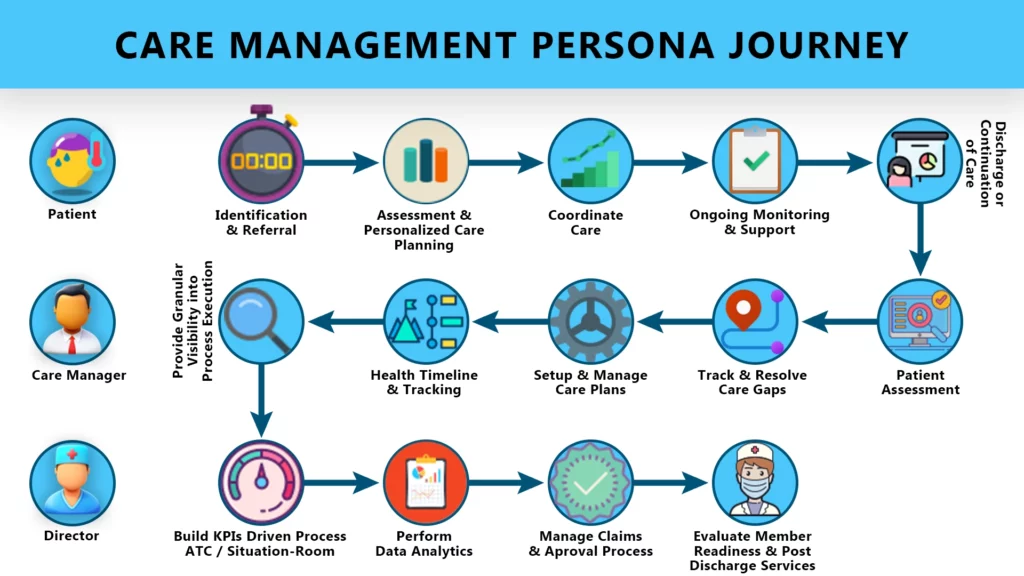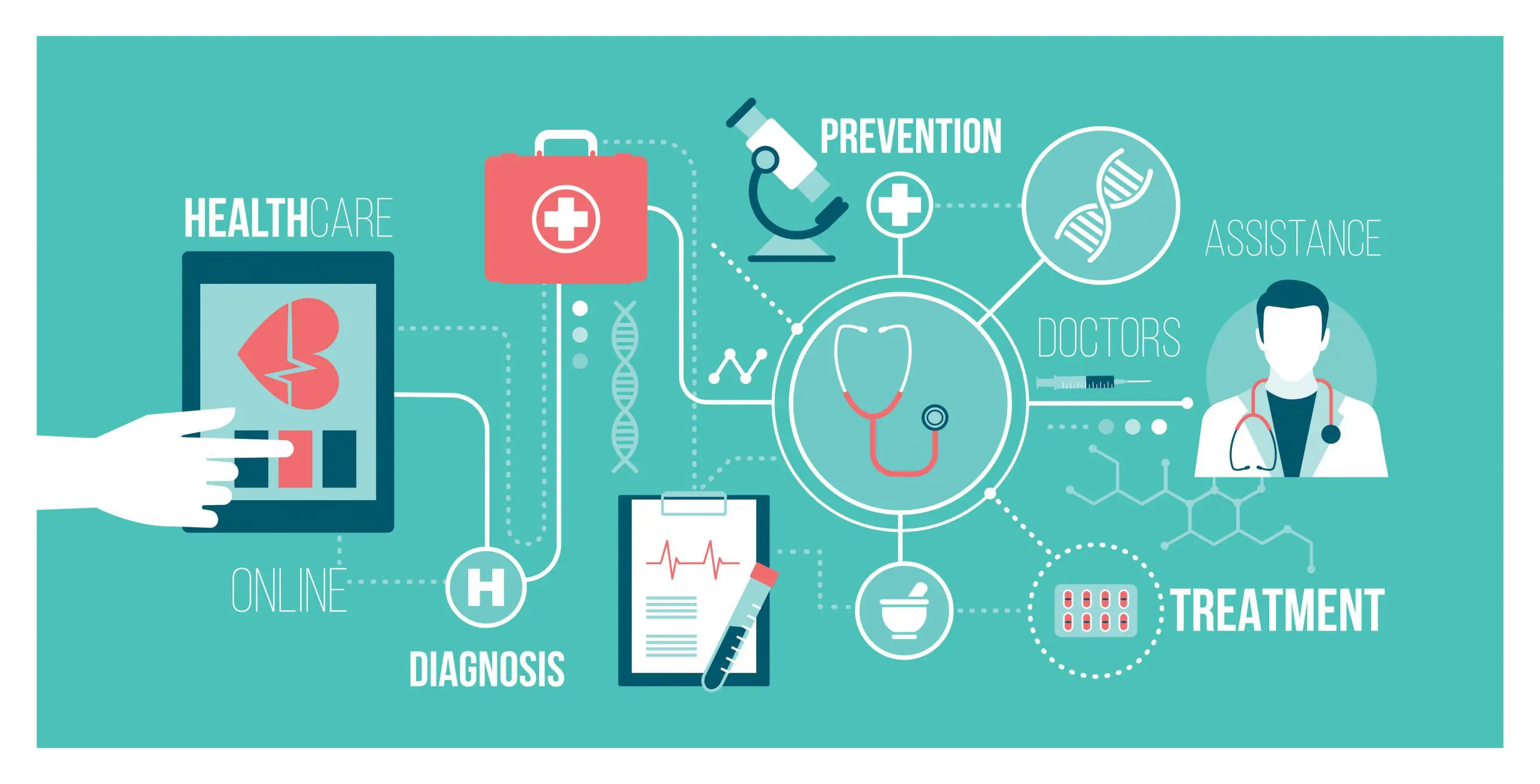As healthcare has advanced, so too has the complexity of patient care. Patients often receive treatment from multiple providers across various healthcare settings, making it challenging to ensure seamless, coordinated care. Care management addresses this complexity by serving as a central hub.
The growing prevalence of chronic diseases such as diabetes, heart disease, and hypertension, places a significant burden on healthcare. Care management offers a proactive approach to managing chronic diseases by providing patients with personalized care plans.
What is Care management?
Care management is a comprehensive and patient-centric approach used in healthcare to coordinate and optimize patient care. It involves assessing a patient’s medical, social, and psychological needs, and creating individualized care plans. It also involves ensuring that care is coordinated across different healthcare providers and settings.
The primary goal of care management is to enhance the quality of care, improve patient outcomes, and efficiently allocate healthcare resources. Care Management addresses the needs of patients with chronic illness by offering tailored interventions, and adherence support.
Pain Points of HealthCare Management

- Dated Technology: Healthcare has been plagued with outdated and inefficient technology systems. Many still use legacy software and hardware that may be slow, and incompatible with modern data-sharing standards. It makes them prone to vulnerability. It can hinder the seamless exchange of patient information and slow down administrative processes.
- Information Availability: Providers may find it challenging to address a patient’s medical condition due to limited information. Clinical and non-clinical data is spread across multiple systems. It can prove to be a time-consuming process to manually gather and process all that data.
- Team Connectivity: Care teams often have a difficult time coordinating care in complex medical situations. When multiple care providers are involved, it becomes difficult to maintain a similar experience without team coordination. This could result in a sub-par patient experience.
- Patient Experience: The absence of centralized care management could result in a misled Care Manager. Without updated information, the care manager might not be able to provide a patient with the utmost care experience. In the healthcare industry, not being able to provide the right care at the right time could cause a mishap.
Elements of Care Management

Identification & Referral:
A patient’s journey begins with identifying the need for care management. This can occur through various means, such as a healthcare provider’s referral, a hospital admission, or the identification of a chronic condition during a routine check-up.
Integration of the CRM in Healthcare can enhance this by leveraging data analytics and a centralized platform. It can capture patient data from various sources so healthcare providers can efficiently identify patients in need of care management services.
Assessment & Personalized Care Planning:
Care management begins with a comprehensive assessment of the patient’s medical history, current health status, social determinants of health, and specific care needs. This assessment forms the foundation for developing a personalized care plan, tailored to address the patient’s unique health conditions and preferences.
With integrated CRM, the Care Managers can get a comprehensive view of the patient’s health. This aids healthcare providers in conducting more thorough assessments. The CRM’s analytics capabilities can identify patterns and risk factors, contributing to a more precise and personalized care plan.
Coordinate Care:
Coordination is a critical aspect of the patient journey in care management. Care teams collaborate with various healthcare providers, specialists, and facilities to ensure that care is seamless and well-coordinated. Care managers often act as the central point of contact for all involved in the patient’s care.
With the power of Health Cloud, the patient experience can be enhanced by providing real-time access to patient data and facilitating communication among care team members. This aids in providing the patient with a more seamless care experience. Automated alerts and reminders within the CRM can help prevent gaps in care of missed appointments.
Ongoing Monitoring & Support:
Continuous monitoring of the patient’s health status, adherence to treatment plans, and progress toward goals is essential. Care managers regularly follow up with patients and care teams to make necessary adjustments to the care plan.
Salesforce’s Health Cloud enables continuous real-time monitoring of patient’s health status through sources like wearable devices and EHR. It also facilitates ongoing communication between patients and care providers through secure messaging and telehealth features, allowing for remote monitoring and support.
Discharge or Continuation of Care:
This includes transitioning from acute care to lower levels of care, such as home care or rehabilitation. It ensures that the patient’s care plan continues seamlessly.
A CRM coordinates these transitions by providing a centralized platform for communication between hospital staff, primary care providers, specialists, and patients. The integration ensures that patients continue to receive the necessary support and follow-up care after discharge.
Patient Assessment:
Healthcare professionals conduct a comprehensive evaluation of the patient’s health status, medical history, social determinants of health, and specific care needs. This serves as a foundation for creating a tailored care plan.
The 360-degree view of patient data, gathered from multiple sources helps healthcare professionals to make informed decisions. Care Managers can choose to perform more thorough assessments based on the data. It allows the care teams to set care goals to meet the specific needs of each patient.
Track & Resolve Care Gaps:
Continuous monitoring of the patient’s health status and adherence to treatment plans is crucial. Care managers regularly follow up with patients and care teams to make necessary adjustments to the care plan based on the patient’s progress.
The integrated CRM can systematically identify care caps and can trigger automated alerts and reminders to care teams and patients alike, ensuring timely intervention. Moreover, it can facilitate communication between care providers and patients to address gaps promptly.
Setup & Manage Care Plans:
It involves establishing a structured framework for coordinating and optimizing patient care. Care teams work together to assess patients’ health to create personalized care plans.
A detailed look into the patient’s health data can make it easy for healthcare professionals to tailor a unique plan for each patient. CRM’s automation capabilities assist in setting up care plans by automating routine tasks. It also ensures that care plan components are consistently implemented.
Health Timeline & Tracking:
It involves the ongoing monitoring and documentation of a patient’s health status, progress, and care interventions. It serves as a dynamic record that enables care teams to track the patient’s condition if the patient is following the plan and the effectiveness of the plan.
CRM software like Salesforce’s Health Cloud serves as a dynamic repository of patient health data. They continuously record and track changes in a patient’s condition. Real-time health timeline allows care teams to monitor and analyze patient data over time, facilitating early detection of trends or potential issues.
Provide Granular Visibility into Process Execution:
It emphasizes the importance of transparency and accountability in care delivery. This includes tracking and documenting the execution of care processes at a detailed level.
CRM ensures that care teams have access to up-to-date information regarding patient care. It helps to prevent errors and ensure adherence to established care pathways. With comprehensive reports and analytics of a CRM, Care Managers can have a transparent view of the execution of the care processes curated for patients.
Build KPIs-Driven Process ATC/Situation-Room:
Healthcare providers and administrators design a system that relies on well-defined KPIs to monitor and assess various aspects of patient care. While KPIs include metrics related to patient outcomes, the situation room serves as a centralized hub where real-time data and information are collected.
Integrated CRM allows healthcare organizations to establish KPIs that are closely aligned with patient care. In an Advanced ATC or Situation Room setting, CRM’s dashboards and reports offer a real-time view of critical KPIs, such as patient wait times, bed utilization, or resource allocation.
Perform Data Analytics:
Healthcare professionals and data analysts examine patient-related information, including medical records and patient-reported data. Through advanced data analytics techniques, they can identify patterns, trends, and potential areas for improvement in patient care.
Salesforce can aid in processing all the collected data with its robust reports and dashboard feature to display the analytics in one place. Making it easier for care teams to get an in-depth view of each individual patient.
Manage Claims & Approval Process:
Healthcare providers work closely with payers to ensure that the necessary approvals and claims processing are in place for the services rendered to patients. It involves verifying the accuracy and completeness of claims, submitting them to the relevant parties, and following up to ensure timely and appropriate reimbursement.
A CRM centralized patient data, including insurance information and treatment history, making it easier for administrative staff to manage claims and approval efficiently. It allows for automated verification of patient insurance coverage and eligibility, reducing errors and minimizing claim denials.
Evaluate member Readiness & Post Discharge Services:
Continuous evaluation of care management processes and outcomes is essential for quality improvement. Care teams analyze data and feedback to refine care plans and enhance care delivery.
A cloud-based centralized CRM makes it easier to evaluate the factors such as member’s health status, to make an informed decision on post-discharge services. It can also trigger automated assessments and follow-ups, ensuring that members receive the appropriate post-discharge services.



